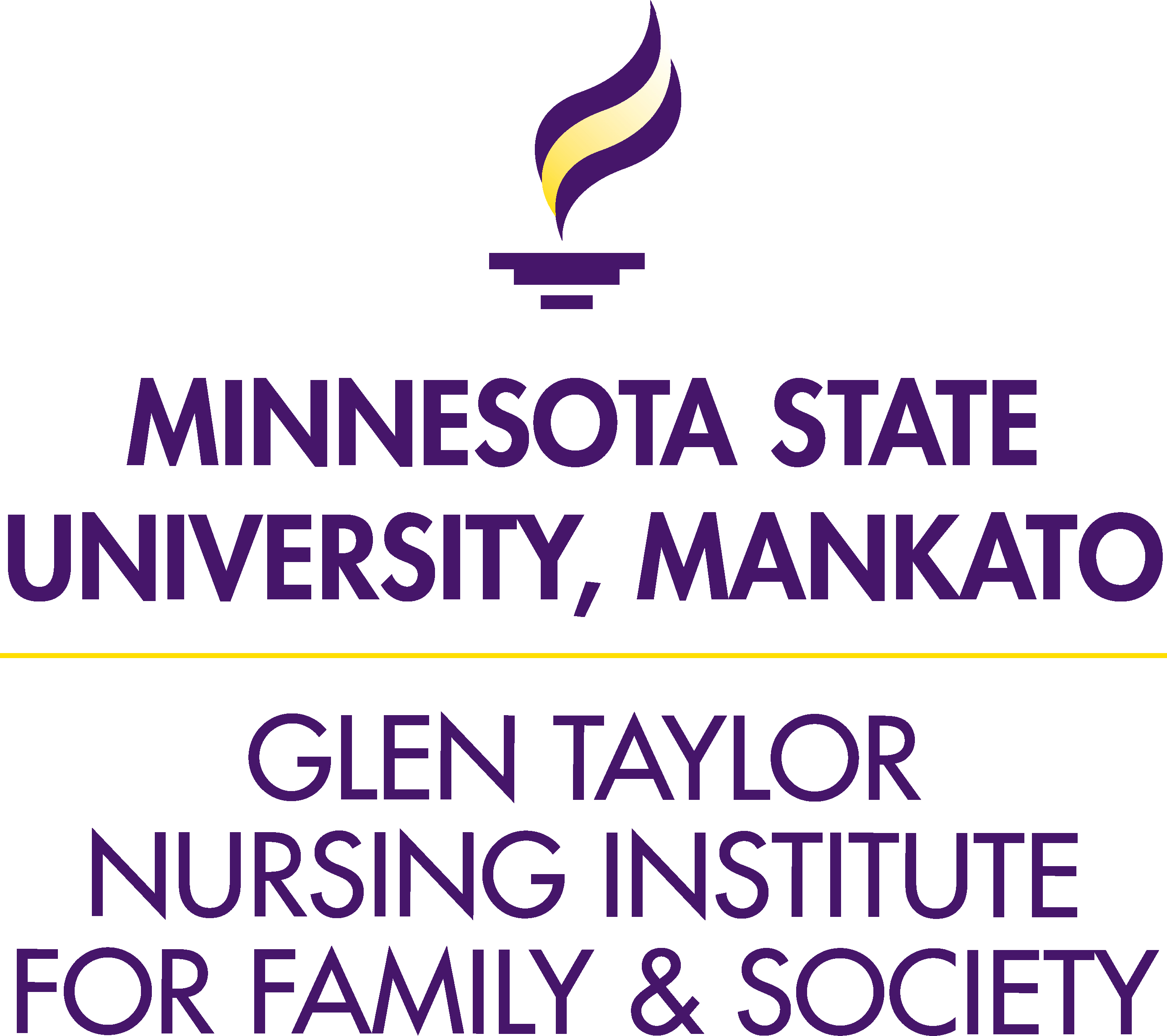 As befits his majestic name, Brian Duke threw down the gauntlet.
As befits his majestic name, Brian Duke threw down the gauntlet.
“If you really want to help health systems do a better job of supporting family caregivers,” said the former Secretary of the Pennsylvania Department of Aging and the current System Director of Senior Services for Main Line Health in suburban Philadelphia, “then you better come up with a very short assessment tool. Three or four questions, tops.”
Three or four questions? To capture the complexity of caregiving family relationships? I knew that the 2006 National Consensus Report on Family Caregiver Assessment called for 7 domains of comprehensive caregiver assessment: context; caregiver’s perceptions of care receiver’s health; caregiver’s values; well-being of caregiver; skills needed to provide care; and potential resources. (See https://www.caregiver.org/national-consensus-report-caregiver-assessment-volumes-1-2)
But, as if anticipating my argument, Duke added, “How can I ask primary care providers to add a lengthy caregiver assessment tool to the list of 30 or so other health assessments that they’re expected to conduct?”
I’d worked in family medicine for 24 years and understood his point. Primary care providers are overwhelmed with competing priorities for patients, let alone their family members. Identifying a few useful screening questions and then convincing those providers to incorporate them into their routine line of questions would be monumental tasks.
“Let me see what I can do,” I replied to Duke, accepting his challenge. “I’ll get back to you.”
* * *
From the earliest days of the subspecialty of family medicine, there was an aspirational goal of understanding patients in the sociocultural contexts of their families. In 1978, family physician Gabriel Smilkstein developed the Family APGAR, a 5-question assessment of adaptability, partnership, growth, affection, and resolve intended to help primary care clinicians quickly determine whether patients’ families were “Highly Functional,” “Moderately Dysfunctional” or “Dysfunctional.” The instrument never had strong psychometric evidence or widespread clinical use outside of academic circles and has been mostly forgotten in the annals of the field. However, a 2016 Japanese study breathed new life into the Family APGAR when it found that one of its questions has real utility: “Applying the simple Resolve item—‘Are you satisfied with the way you and your family share time together?’–might be the most efficient way to assess whether patients have family issues” (Takenaka & Ban, https://www.ncbi.nlm.nih.gov/pmc/articles/PMC4858843/)
Among researchers in family caregiving and at local Area Agencies of Aging (AAAs) around the country, the most commonly used assessment of family caregivers has long been the Zarit Caregiver Burden Scale. Unlike the broad-based Family APGAR, it is narrowly focused on a family member’s degree of “burden” or stress handling caregiving duties. Originally published in a 22-item form, its creator Steven Zarit realized early on that it would have to be available in shorter formats to be adopted by healthcare practitioners and he devised 12-, 6- and 4-item versions. While the 12-item form is frequently used by AAAs, the penetration into healthcare of any of its versions has been limited to geriatrician’s practices and a few specialty and palliative care programs.
In a December 2018 article, Liew and Yap claim to have devised a reliable and valid 3-item screener of dementia caregiver burden on the basis of a factor analysis of Zarit’s 12-item form (https://www.jamda.com/article/S1525-8610(18)30637-6/fulltext#appsec1). The three items are:
+ Are you afraid what the future holds for your relative?
+ Do you feel your health has suffered because of your involvement with your relative?
+ Do you feel you have lost control of your life since your relative’s illness?
According to the authors, “this study has procured a highly accessible tool to screen for caregiver burden, which can have a wider health system effect of expanding the reach of caregiver-focused interventions to clinical and social services.” But it was validated on a small number of dementia caregivers (n=179) on the island of Singapore and has yet to be tested in American healthcare settings.
Would Brian Duke be satisfied with these suggestions? He is an exacting man who would demand screening questions of greater evidence and track record.
I turned to my friend and family caregiver researcher guru Bill Haley of the University of South Florida for suggestions about the ideal family caregiver screener in healthcare settings. He at first recommended the Preparedness for Caregiving Scale (8 items). But when I pressed him for something shorter, he quickly pointed me to the single question used in the most famous family caregiver study of all time–the 1999 Journal of the American Medical Association article by Richard Schulz and Sylvia Beach on the relationship between caregiver strain and mortality:
+ How much of a mental or emotional strain is it on you to either provide the help directly, or to arrange for help to be provided for this activity?
Haley said this question has high reliability and validity for identifying caregivers who are highly stressed and at significant risk for depression. That would certainly be a good start for risk stratifying patients’ family members who require a more comprehensive evaluation and more intensive support services.
* * *
I’m still on my search. There is more and newer research to review, more questions to consider, more old friends’ expertise to tap. We need quick and efficient ways of assessing family caregivers to better address their needs and improve the clinical outcomes of their loved ones with chronic illnesses and functional deficits. Brian Duke and American healthcare are waiting.
Barry J. Jacobs, Psy.D. is a clinical psychologist, family therapist and Principal at Health Management Associates, a national healthcare consulting firm. He is the author of The Emotional Survival Guide for Caregivers (2006) and co-author of AARP Meditations for Caregivers (2016).
Follow Barry J. Jacobs, Psyc.D. on Twitter
A special thank you to the Collaborative Family HealthCare Association (CFHA) for giving IFNA permission to repost Dr. Jacobs’ recent CHFA blog post: https://www.cfha.net/blogpost/689173/322523/In-Search-of-the-Briefest-Family-Caregiver-Eval
